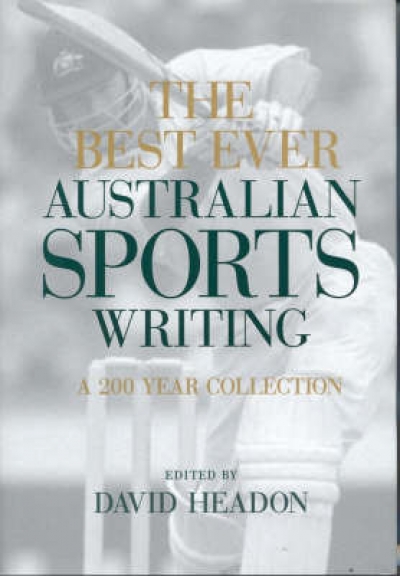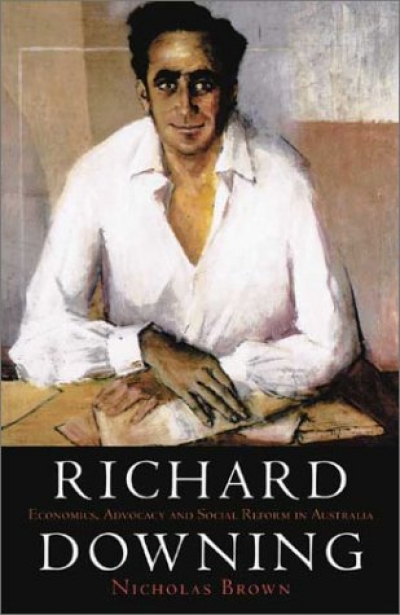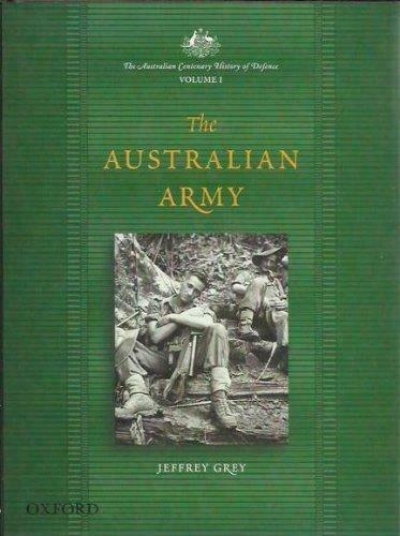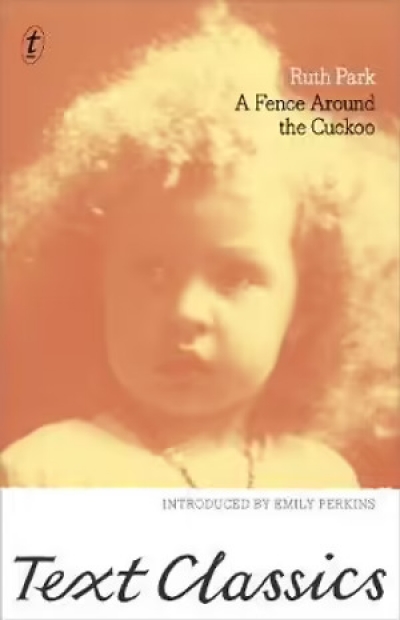Archive
Shallows
Dear Editor,
I write regarding Nancy Keesing’s complimentary but insufficient review of Tim Winton’s second novel, Shallows, in ABR (February–March, 1985). The reviewer’s expectations appear to have predetermined her evaluation of the novel’s worth. That Shallows exhibits the trademarks of a sophisticated narrative and structure, surpassing what one would normally expect from a young person, merely causes the reviewer to draw attention to the exceptionable nature of this fact rather than evaluate the merits of the novel in its own terms. As a result, her praise is patronising (albeit unintentionally).
A more serious consequence of such an emphasis on Winton’s youthfulness is that the fuller dimensions of the narrative have not been sufficiently related in the review. As Nancy Keesing correctly observes, it is true that Winton has captured the smalltown life of Albany, WA. It is true that he provides many interesting points of information re: whales and whaling. So also does he capture the nuances of social conversation and the contradictions of political activism.
... (read more)The Best Ever Australian Sports Writing: A 200 year collection edited by David Headon
Richard Downing: Economics, advocacy and social reform in Australia by Nicholas Brown
The Australian Centenary History of Defence: Vols. I–VII edited by John Coates & Peter Dennis
Flight Animals by Bronwyn Lea & Sensual Horizon by Martin Langford
What do we do with literary magazines? How do we read these more or less accidental collections of literary fragments? How can we say that they matter? It would be nice if we could hold on to the heroic model of the modernist little magazine always ‘making it new’, forging a space for the advance guard, with what Nettie Palmer once called a ‘formidable absence of any business aims’. But, in the age of state subsidy and university support, and with large publishing houses intervening in the magazine market place, this would be sheer nostalgia – though in a form that might still motivate new magazine projects.
... (read more)‘How many times?’ the voice on the other side shouted. ‘How many fucken times? Will youse ever listen?’ The brick wall between the two change-rooms might have been cardboard.
On this side – the visiting team’s side – the boys sucked on their orange quarters, all ears. Dom Russo, the team manager, screwed up hi ...






